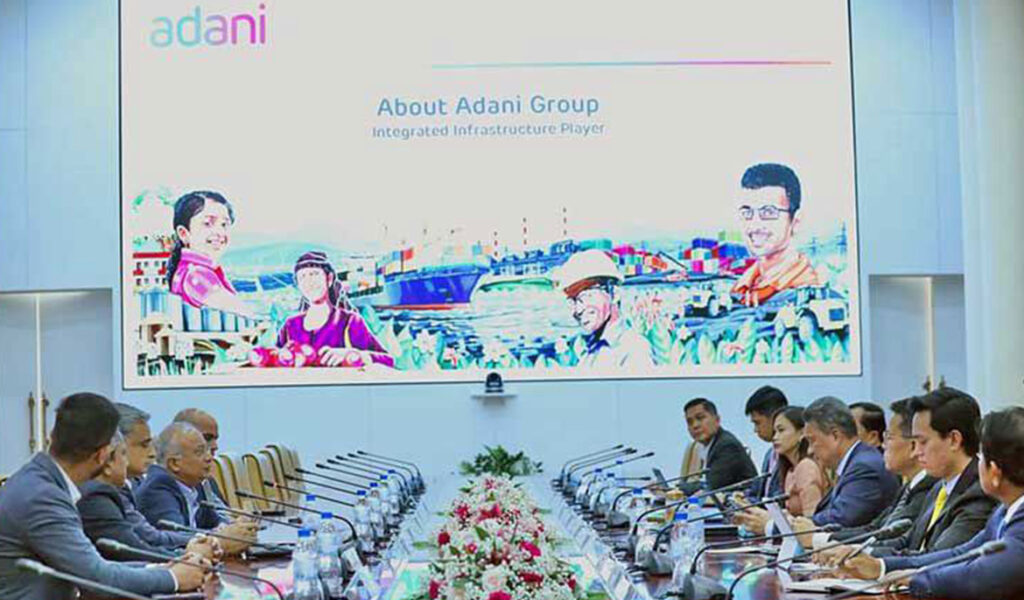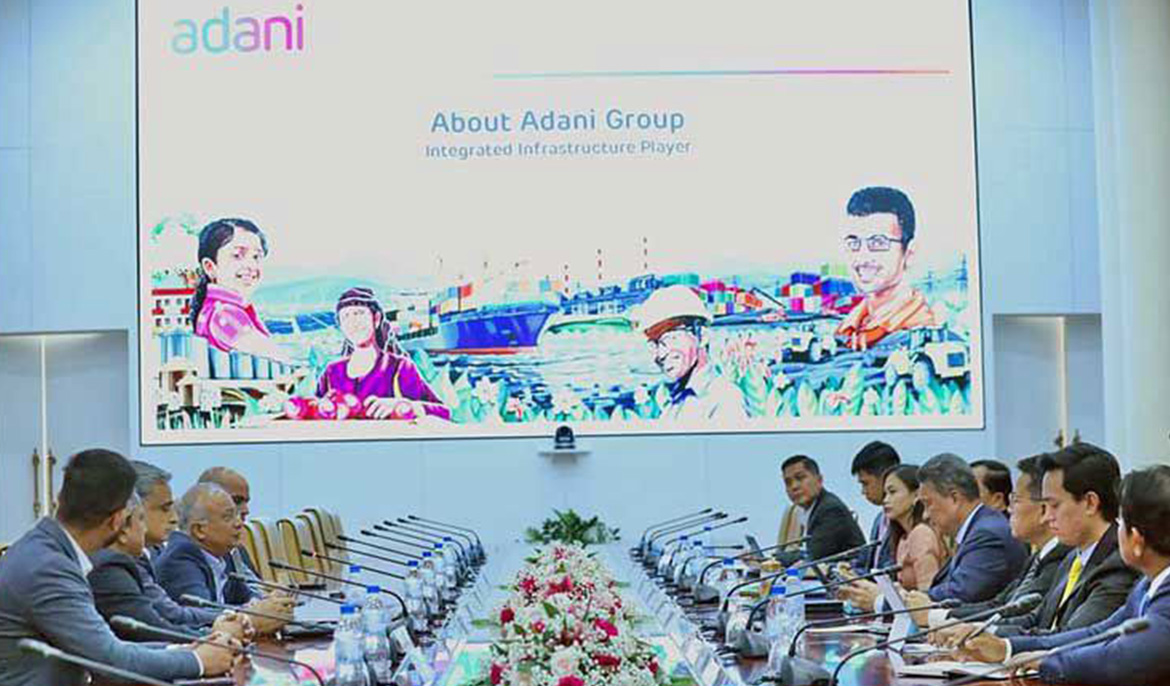Cambodia is experiencing a ‘flurry of overseas investment interest’ in 2024 signifying a positive outlook for the economy in coming periods, says a business development firm, Aquarii BD Cambodia’s latest investor’s prospectus report.
According to Michael Tan, founder and CEO of Aquarii BD Cambodia, “We are witnessing a clear upward trajectory in Cambodia’s investment climate.”
He noted that “political continuity, strategic location, and favourable incentives are all contributing to a more dynamic and appealing business environment for global investors”.
The report highlights that during the first 11 months of Prime Minister Hun Manet’s seventh mandate, Cambodia has garnered a significant increase in foreign direct investment (FDI).
237 new investment projects were approved in the period, with a sum investment value of over $6 billion, according to data from the Council for the Development of Cambodia (CDC).
Compared to the previous government’s mandate, these statistics mark a sizable 220 percent increase in total capital.
Furthermore, the report indicates that the rising FDI trend appears to be continuing as of mid-2024, citing that in July alone, 44 projects, valued at $396 million, were approved by the council.
On top of approved incoming investments, the Aquarii BD report highlights other positive signs for the national investment prospects, from a range of traditional and less-traditional regional and global trade and investment partners.
The report highlights that Japanese firms continue to target new opportunities in the Kingdom, especially in regard to areas of green energy production and sustainable development.
Aquarii BD Cambodia cited the Japan External Trade Organization’s (JETRO) business mission to Cambodia in early August, which included representatives from 19 companies involved in Japan’s green technology and carbon credits sectors.
These Japanese firms look to collaborate with Cambodia’s sustainable energy sector, given the nation’s alignment with UN treaties targeting 70 percent of the nation’s energy needs to be provided by renewable sources by 2030.
Given Japanese proficiencies in related technologies, these initial inroads into the sector offer huge potential to the Kingdom’s renewable and green energy capacity in coming years, noted Aquarii BD.
Furthermore, Chinese investors continue to see Cambodia as a key international growth market and have remained Cambodia’s largest single source of incoming FDI in 2024.
Promising investor relations between Cambodia and Chinese businesses will continue in 2024 also, including a mid-August delegation of business leaders from China’s Jiangsu province.
The delegation explored investments in Cambodia related to agriculture, fisheries and technology.
Aquarii BD also suggested that Prime Minister Hun Manet’s recent moves to re-open direct flights between Cambodia and Shantou also have the potential to boost bilateral trade and investment between China and Cambodia in the coming periods.
Another promising update included a high-profile delegation from Hong Kong touring Cambodia in July, including business and political leaders from across Hong Kong’s finance, insurance and technology sectors.
Thirteen memorandums of understanding (MoUs) were signed during the delegation’s tour, across sectors including trade, banking and technology.
Given Hong Kong’s regional proficiency in these areas, the interaction suggests the potential for considerable growth in Cambodia’s digital economy, a key focus for the new government.
Furthermore, it supports the economy’s efforts towards industrial diversification away from traditional strengths, such as garments, textiles and footwear; towards new modern and innovative business ventures.
The Aquarii BD Cambodia report also highlighted ongoing growth in Korean investment within the Kingdom, citing that according to data from the National Bank of Cambodia (NBC), South Korea has now become the second-largest source of all FDI in Cambodia.
South Korean investments predominantly target the manufacturing, technology, and infrastructure sectors, noted the report, yet the relationship continues to expand into new sectors.
Trust in the Kingdom’s investment climate and prospects were further supported by Prime Minister Hun Manet’s recent diplomatic missions to the peninsula, noted the report.
Recent improvements in India’s commercial relationship with Cambodia are also visible in 2024, in particular in Cambodia’s burgeoning logistics sector.
The report noted that India’s largest port operator, Adani Ports and Special Economic Zone Ltd., is actively exploring opportunities in the Kingdom’s logistics sector, following an August meeting between the company’s executive director and Sun Chanthol, Deputy Prime Minister and First Vice President of the CDC.
The company is eyeing potential investments in cargo transport and port infrastructure.
This interest from the sizable Indian logistics player highlights Cambodia’s upcoming potential as a hub for logistics and trade within the region, noted the report.
The report also suggested other major global economies see such potential in the logistics and infrastructure sectors.

(Source: khmertimeskh)


